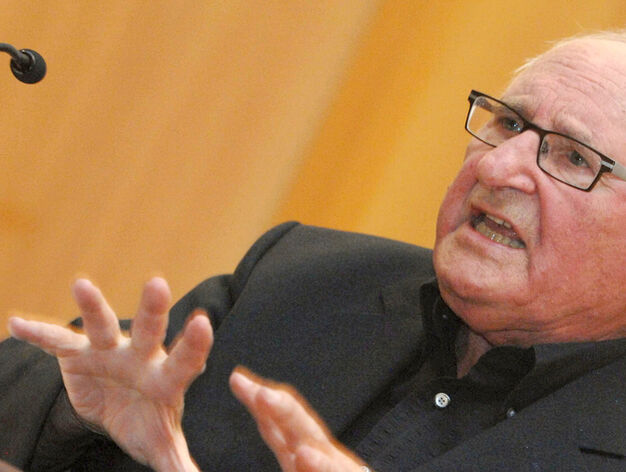
The memory of the trauma remained with him in his life and future work.Ĭaptured by Allied troops, he was sent to a prisoner of war camp on the East Coast of the United States, remaining there for seven months. In one searing incident, he was sent from his unit to deliver a message and returned to find all the other members, boys his own age, dead from an attack. In the last months of World War II, Johann was forced to leave school and join the Wehrmacht. His mother, Sibylle (Müller) Metz, was a homemaker. His father, Karl, a merchant, died when Johann was about 12. 5, 1928, in Welluck, near Auerbach, a Catholic town in Bavaria. His work countered the philosophy of Carl Schmitt, a prominent conservative German political theorist who had sided with the Nazis and used his theories on absolutist authority to defend Hitler. He promoted what he called a new political theology: the idea that the church should interpret its political involvement not as exercising power over others but as following Christ’s example of healing those in need. Yet unlike such theological contemporaries as Jürgen Moltmann, Karl Rahner and Hans Küng, he did not achieve international fame.Īs Europe became more secular and Christianity took an inward turn, Professor Metz asked the church to rethink its role in society.

Professor Metz shaped generations of students, as well as influential Catholic bishops, in the years just after the Second Vatican Council, in the 1960s, a critical time for the church as it dealt with the council’s steps toward confronting the modern world.

“How did Hitler take place, how did the Holocaust take place, how did the churches not speak out more?”

“We have to be aware of the suffering in the past,” one of his first students, Francis Schüssler Fiorenza, a professor at Harvard Divinity School, said in an interview in explaining Professor Metz’s approach.


 0 kommentar(er)
0 kommentar(er)
